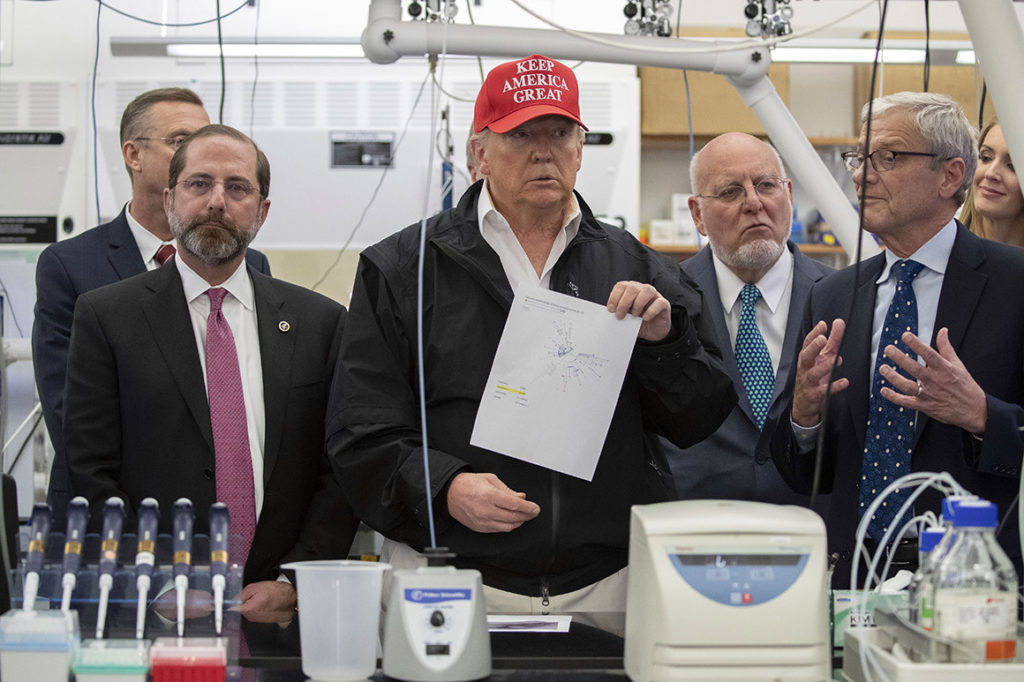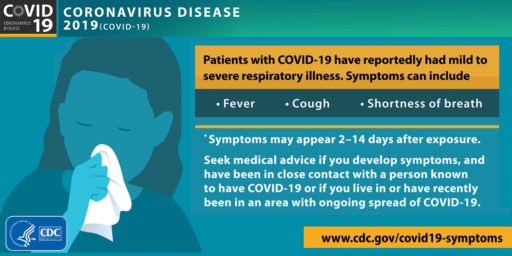The Six Weeks we Lost
Comparing South Korea to the US tells a lot about the failure of leadership in the US.

To my point in my previous post about how poorly Trump has handled this crisis is a damning article from The Guardian: The missing six weeks: how Trump failed the biggest test of his life. The piece outlines was a truly catastrophic failure of leadership we have been living through:
When the definitive history of the coronavirus pandemic is written, the date 20 January 2020 is certain to feature prominently. It was on that day that a 35-year-old man in Washington state, recently returned from visiting family in Wuhan in China, became the first person in the US to be diagnosed with the virus.
On the very same day, 5,000 miles away in Asia, the first confirmed case of Covid-19 was reported in South Korea. The confluence was striking, but there the similarities ended.
In the two months since that fateful day, the responses to coronavirus displayed by the US and South Korea have been polar opposites.
One country acted swiftly and aggressively to detect and isolate the virus, and by doing so has largely contained the crisis. The other country dithered and procrastinated, became mired in chaos and confusion, was distracted by the individual whims of its leader, and is now confronted by a health emergency of daunting proportions.
Just read the whole, depressing thing.
I will part with this quote, which also fits the thesis of my previous post:
“We are seeing the emergence of 50-state anarchy, because of a total vacuum of federal leadership. It’s absurd that thinktanks and Twitter are providing more actionable guidance in the US than the federal government, but that’s where we are.”






WAPO has a piece called, Our ‘can’t do’ society now has a coronavirus death toll.
I’ve attributed this learned helplessness to forty plus years of Republican propaganda, she attributes it to money. I don’t disagree with her, the propaganda is a tool of the money. She’s right that the money is the root cause. For the love of money is the root of all evil – I Timothy 6:10
I’ve been beating this drum on Twitter. We learned of the virus on the same day. South Korea’s deaths per million: 3. Ours: 7. That 4 deaths per million gap has a name: Donald Trump.
@Michael Reynolds: Times 330 million.
This is a sad, sorry mess. I find myself what variables influence whether one takes this sort of threat seriously or not? A prior scare, like SARS was for Asia, is maybe important, but I don’t really know. We’ve taken whatever differences there were and driven them into the pre-existing political divide, because that serves Trump’s interest. It’s a pre-made script for “oh all the bad things said about me are just made up nonsense”.
But I don’t think that’s a primary thing. Some people look at this and say “wow, we need to take care of this problem” but others go “Oh, that’s nothing to concern yourself about”. I saw this on other forums, too, and not just from people who identify as conservative.
In case you weren’t hearing enough scary statistics…
For the past 2 or 3 weeks, there has been a fairly consistent approximate 15-day lag between “N reported US cases of COVID-19” and “N reported US deaths due to COVID-19”. For example, three weeks ago today there were 402 reported cases. Fifteen days after that, there had been 417 deaths. Shift both of those forward by 3 days, and you get 959 cases and 942 deaths, respectively. Through yesterday there have been 2467 deaths; 15 days prior there were 2727 confirmed cases.
There are currently 153,000 confirmed cases.
The (minor) good news is that the growth in confirmed cases is visibly bending down; the rate of exponential growth is slowing a bit, and should slow even more as the effects of social distancing kick in. The bad news is that even this lesser growth rate is still very fast, and that lack of testing makes it hard to interpret.